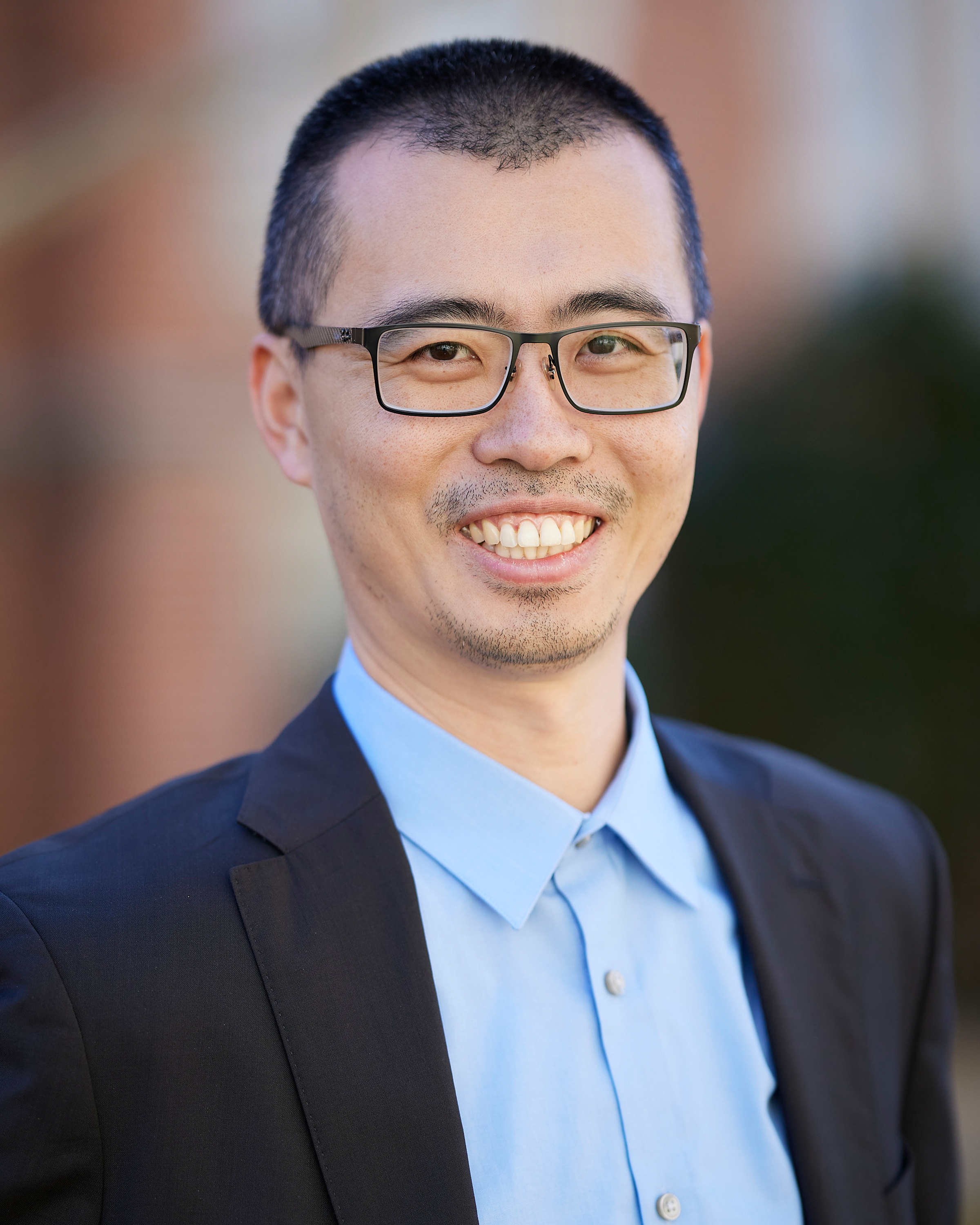 Editor's Note: OU Engineering faculty are bringing unprecedented success to the Gallogly College of Engineering at the University of Oklahoma. In 2023, the National Science Foundation announced that six engineering faculty received an Early Career Development Award (CAREER) that recognizes junior faculty who have the potential to serve as academic role models in research and to learn research advances.
Editor's Note: OU Engineering faculty are bringing unprecedented success to the Gallogly College of Engineering at the University of Oklahoma. In 2023, the National Science Foundation announced that six engineering faculty received an Early Career Development Award (CAREER) that recognizes junior faculty who have the potential to serve as academic role models in research and to learn research advances.
More than 500,000 people in the United States undergo yearly rehabilitation following a stroke or brain injury. Movement impairments following a stroke are a major cause of adult disability in the U.S. Currently, routine treatments are not optimized for individual patient needs.
University of Oklahoma biomedical engineer Yuan Yang, Ph.D., has received a Faculty Early Career Development Award, known as a CAREER award, from the National Science Foundation to advance the scientific study of brain functional changes after a stroke and pioneer a tailored rehabilitation strategy that fits individual needs.
“The way a stroke victim’s brain adapts to the injury varies from individual to individual,” Yang said. “But routine clinical practice tends to treat everyone the same. When that happens, doctors cannot provide optimal treatment for each patient.”
Yang, an assistant professor in the Stephenson School of Biomedical Engineering, will use multi-modal MRI scans combined with an electrical neural activity scan to precisely assess the changes to motor control in an injured brain.
“Despite numerous efforts to develop new technologies for movement rehabilitation after a stroke, optimal recovery is still limited due to a lack of imaging guidance and real-time neurofeedback to tailor a rehabilitation strategy for each individual,” Yang said. “Our program will be able to tell doctors which areas of the brain to stimulate in a non-invasive, non-painful manner to reduce a patient’s recovery time and reduce the healthcare and nursing costs for long-term disability caused by stroke and other similar brain injuries.”
The five-year award will also support the development of a multi-disciplinary research education ecosystem to connect engineering students, clinician trainees, and STEM educators.
“OU Norman’s biomedical engineering program is excellent and so is the clinical program on the OU Health Sciences Center campus. Thanks to this grant, engineering and medical students can collaborate during summer research training so that each can appreciate the other’s expertise,” Yang said. “We will also invite high school STEM teachers to join the training and return custom projects to their classrooms.”
A collaboration with Science Museum Oklahoma will provide resources on brain science including the development and donation of posters, toy models and exhibits to “excite and inspire young kids about science, medicine and the brain,” Yang said.
About the Project
This project, “CAREER: Neuro-navigation guided non-invasive brain stimulation for individualized precision rehabilitation in stroke,” is jointly funded by the Disability and Rehabilitation Engineering Program and the Established Program to Stimulate Competitive Research (EPSCoR), award no. 2236459. The project begins on April 1, 2023, and is expected to conclude on March 31, 2028.
By Chelsea Julian, Office of the Vice President for Research and Partnerships